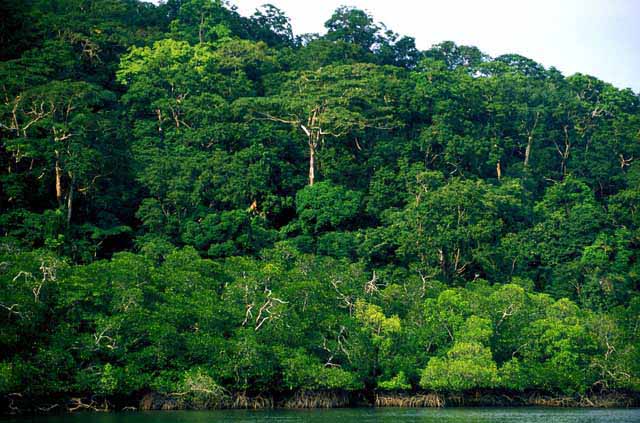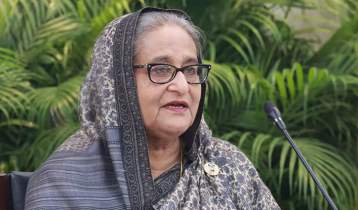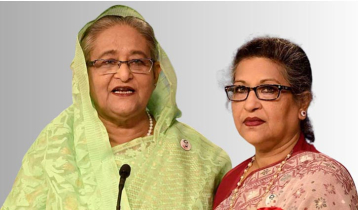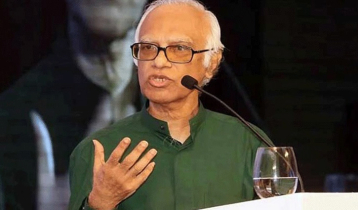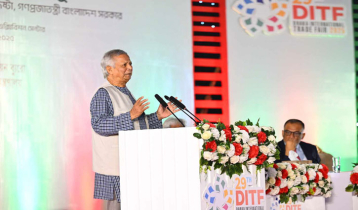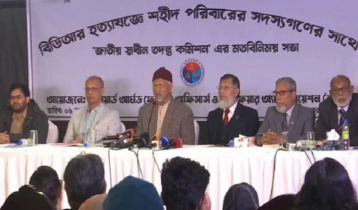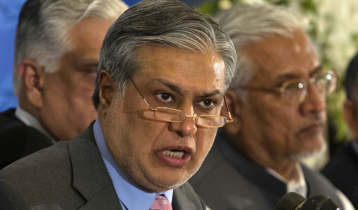Protect environment to cherish 7 billion dreams
Manzurul Alam Mukul || risingbd.com
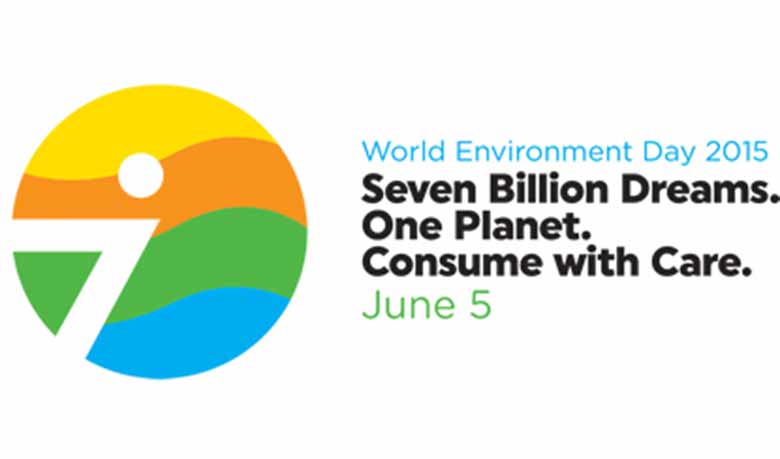
Aminul Islam: World Environment Day is observed each year on June 5. It is one of the principal vehicles through which the United Nations (UN) stimulates worldwide awareness of the environment and enhances political attention and action.
June 5 was the day that United Nations Conference on the Human Environment began in 1972. The United Nations Conference on the Human Environment was from 5 until 16 June 1972. It was established by the United Nations General Assembly in 1972.
The first World Environment Day was in 1973. World Environment Day is hosted every year by a different city with a different theme and is commemorated with an international exposition in the week of 5 June.
For example the topic for 2007 was "Melting Ice – a Hot Topic?" while the topic for 2010 was "Many Species. One Planet. One Future." World Environment Day is in spring in the Northern Hemisphere and fall in the Southern Hemisphere. The Day is similar to Earth Day, which is celebrated annually on April 22.
The 2015 theme for World Environment Day is Sustainable consumption and production. The slogan for the theme is "Seven Billion Dreams. One Planet. Consume with Care."
The theme is resource efficiency and sustainable consumption and production in the context of the planet`s regenerative capacity. Affirming the day as a global public outreach platform, this slogan emerged as the top choice by the global community through social media voting.
It’s time! Once again UNEP seeks to make the biggest global call and mobilization for action on 5 June, marking the World Environment Day.
The theme for 2015 is how the well-being of humanity, the environment and economies ultimately depends on the responsible management of the planet’s natural resources. Evidence is building that people are consuming far more natural resources than what the planet can sustainably provide.
Many of the Earth’s ecosystems are nearing critical tipping points of depletion or irreversible change, pushed by high population growth and economic development.
By 2050, if current consumption and production patterns remain the same and with a rising population expected to reach 9.6 billion, we will need three planets to sustain our way of life. Living well within planetary boundaries is the most promising strategy for ensuring a healthy future.
Italy is hosting this year`s World Environment Day. In a joint announcement made by the Government of Italy and the United Nations Environment Programme (UNEP) announced the country as the host earlier.
The 2015 global World Environment Day celebrations is organized at the world famous Universal Exhibition, which attracts over 20 million visitors. Expo Milano 2015 will run from May 1 to October 31 and is expected to include over 140 countries plus a significant number of international organizations.
One of three UN Days that the UN Expo Team has chosen to mark at the Milan Expo this year, World Environment Day will support and complement the Expo theme of `Feeding the Planet - Energy for Life`, which showcases state-of-the-art technology, ideas and solutions that can help guarantee healthy, safe and sufficient food for everyone, while respecting the planet and its equilibrium.
"This year, WED will focus on the need to respect the carrying capacity of the planet and to manage natural resources efficiently - all aspects that are of utmost importance if we really want to ensure prosperity and wellbeing globally."
Marking the day UN Under-Secretary-General and UNEP Executive Director Achim Steiner said, "While industrialized countries account for the bulk of the world`s resource consumption, unsustainable consumption patterns are becoming more prevalent worldwide, with 3 billion middle class consumers expected to be added to the global population by 2030 - many of them from emerging economies."
"Food production is one of the most obvious examples of unsustainable consumption patterns, with 1.3 billion tonnes of food being wasted every year, while almost 1 billion people go undernourished," he added.
"This is an issue that UNEP is helping to address with partners like the UN Food and Agriculture Organization (FAO) through our joint campaign against food waste, Think.Eat.Save. We are glad the Expo`s theme also focuses on sustainable food systems."
Bangladesh, however, has seen food production intensify dramatically over the past four decades, through irrigation, use of fertiliser, high yielding varieties and mechanisation. The majority of farmers across the country are able to grow two or even three crops a year.
Yield increases have slowed in recent years, but the vigour and ingenuity of farmers continues to bring innovation, supported by agricultural research from home and abroad. Aquaculture and livestock keeping have also seen significant growth.
Risingbd/June 05, 2015/Aminul
risingbd.com



